The Historical Materialism in modern China
In the 18th century, the Jesuits misionary arrived to China (singularly, Mateo Ricci), that looked deeply into his civilization and manners of life, informed Rome in his letters, in the style used by San Francisco Javier on India, the Japan and other lands, of the existence in the Kingdom of the Middle of a political regime based on the absolute government of an emperor, using an organized into a hierarchy, extensive and educated bureaucracy. But this scheme, which was turning out to be idealized and simple, benevolent and Confucian, was not fulfilled in the reality. The Chinese emperors and still his dynasties were demolished; the internal war was intermittent and recurrent in his history; the necessary and powerful bureaucracy was elitist and closed and was falling intermittently down in the vice of the corruption, the conceitedness and the auto satisfaction for his works and services.
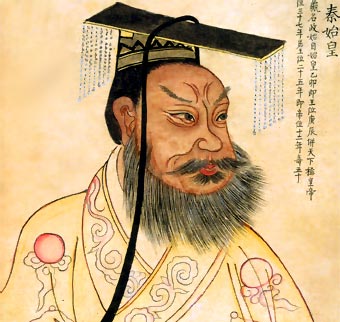
SHI HUANG TI, FIRST EMPEROR OF CHINA
And it is more, the root and the substance of this Chinese style of governance, of being and use of power remains nowadays. Upon the Chinese revolution in the 30s and 40s; of the World War II and the short civil war (1946-1949), after the Japanese occupation of great part of his oriental territory; of the economical and social «great leap forward» at first of the 50, using the micro steel mills and little factories production, at charge of innumerable groups of not due qualified neighbors, trying an «industrial communal revolution» and of the Mao Ze Dong‘s «cultural revolution». This last was an ideological radical reconduction of the revolutionary process, planned and praised in the Trotsky‘s «permanent revolution”, who paradoxically was, at the eyes of the Chinese communists, a «damned revisionist». All above mentioned constitutes a stage, an attempt, another historical episode, that, for more revolutionaries and radical that were, would end up by being swallowed, absorbed and incorporated in the Chinese civilization and idiosyncrasy, on having been accessories and temporaries in the development of the long History of the Kingdom of the Middle.
As the emperor only was accepting the loyal submission of his subjects, the communist leaders do not admit the most minimal critique from own or foreign. They have the monopoly and the «scientific» certainty of the materialistic and dialectical interpretation of the social facts of the history. Though they constantly correct his «course» in long tacks going to the advance. And the nomenclature, the aparatichik, the bureaucracy of the Chinese C. P. and the State are exclusivists and distant to the negotiations and to the different, deviant or divergent opinions, in what refer to his orientation, his collective and personal power and the objections to his taken decisions. It is in this closed area of the modern «mandarinate» where also are solved the power quotas and the interests of chiefs, commands and regions.

MAO ZEDONG, FATHER OF THE POPULAR REPUBLIC OF CHINA
This way, when a difference exists between the people and them, they do not think and talk, but directly suppress the discrepancies that appear. In 1.989, the «liberal» Deng Xian Ping sent the Army to squash and disperse the civil student protest in the Tiananmen square, Pekin. And Zhao Zuyang, was ceased as first secretary of the Chinese C. P. , for simply raising in the first moment the negotiation with the students. These «incidents» arise constantly through the whole China and are several thousands in a year. But, about them scarcely one speaks, because they are not known. The regime and his oppressor device take charge making them invisible, so, non-existent. This is connected with the political classic Chinese past. So, when a difficulty, a claim exists, one was coming and one comes today to the high authority. And the current Constitution recognizes this right of popular and social request. But, nowadays the petitioners are easily struck and imprisoned. These «incidents» are usually happening with the local and regional authorities of the towns and companies. Which operate in the same form that the central leaders and the high jobs of the Party, that are theirs counselors, teachers and examples.
This style of governance would be useful and commendable when the social internal and external flows of a society were stopped by the geographical partitioned of the groups, the absence of persons’ movements by the lack of roads and the shortage of means and reasons for them; and the penury of the public information, generally only known verbally. But in the modern times, this governance does that the vivacity and the audacity, the creativity and the naturalness, get lost in the management of the public thing. And that the administrators hide down the papers and the procedures, acting according to a “bureaucracy of zero faults”. But, the mistakes and deficiencies veiled take the generation of others more, because this is «the use and the way» chosen. Because, the mistakes can always be used by some superior or enemy, generally with something of opportunism and convenience by a «group of collaborators or companions«, to scold, punish, accuse or cease. So is created something like a philharmonic «orchestra» lacking in unity, which can work with din, but without interpreting the melodies.
DENG XIAOPING, GENERAL ARCHITECT OF MODERN CHINA
And it falls in the enthronement of the chiefs, which leads to the exoneration of all their failures, to the tolerance of all their faults and to the exaltation of all their thoughts, decisions and acts. In the absence of real contact with the reality, they look for the accumulation of safeguards, distances and privileges in their positions and functions, looking for the need to feel secures, without understanding that the reality is always more benign and hospitable than what is afraid of. One incurs in one of the politician social devils that the president Mao indicated already long ago and that, extracted from his original writings, is summarized as appointments in the “Red Book”, a real Marxist Leninist catechism of the Cultural Chinese Revolution (1.966-1.976): «the bureaucratic chained tasks supplant the attention and dedication to the people and to his needs and opinions, necessary to realize the real revolution, being based on an exchange of thoughts between the people and the Party». Since it is the ideological feedback from the people to the authorities, which keeps these in the historical materialist correct course.
The political action in China.
The own structure and composition of the Chinese C. P. reveal his elitist and exclusive characteristics. Administratively it is an emulator of the illustrated and despot «madarinate» of the imperial times. Scarcely, his members are 92 million of Chinese in 2020. But his ubiquity, penetration and range extend it as a «social fluid» for all the corners, sectors and turns of the Chinese led society. This «total presence» includes the principal and more active leaders of the country, in all the areas and stratum of the social action. All that contrasts and differs qualitatively from the general attitude of the rest of the world C. P., in relation with their compromised militancy: their doors are opened for all the sympathizers in all the countries where they do not govern. That are the immense majority of them, exempting a handful of old and already expired exceptions, relics of an overcome social and political past. In these countries they seek to reach a «critical mass» of public presence and activity, which is variable according to the societies, but that is between 10-15% of the populations. And that turns out to be necessary in order that the actions of these «militant lay orders» get reputation and transcendence in his society. Where it would act as his«social revolutionary yeast”, towards thoughts and radical attitudes. And even, at the end of the process, taking the weapon to finish off and suppress the emptied and unstable governments, when their institutional weakness is clear.
For his part, president Xi Jinping already excluded any political drift of the communist regime towards the modern freedoms: «The democracy is not Chinese«. That is to say, the Chinese democracy does not exist as such political system. Nevertheless, the economic capitalist freedoms were granted by the Party: «Let’s keep the ideology, the political orientation and the structure of the State (and, certainly, of the Party). And let’s perfect the way of production and the distribution of the obtained goods and services, cheapening all the possible the costs of the productive factors, seeking to improve the economic productivity and efficiency, the volume of production and the wealth and his extension«.

PRESIDENT XI JINPING, CREATOR OF THE GLOBAL CHINA.
On having embraced the capitalism specialized ways and forms in the creation of goods and without applying the necessary central regulation, this has brought erroneous or perverse drifts in the assignments of the means and the distribution of the produced goods. Probably to stimulate these capitalist activities and to simultaneously control them, is more an «object» of high social philosophy. And suppose asking too much to a national leaders not enough expert, neither experienced in the themes. This way, have created a high and a middle economic classes, that form a new social active and powerful base of the Party. One prospers with the Party and never without the Party. Because his members trust between them and the belonging to him gives a stamp of guarantee and loyalty to the great lines or parameters designed and planned from the leader dome. That belong so much to the thoughts and the general actions, as to the most prosaic areas of the economic capitalist activity and the direction and management of sectors and companies. They want to be rich communists and to enjoy goods of immediate and lasting consumption in property and exclusives. It is a way that serves, always there is one, to distinguish and to be outlined over the others, specially from the acquaintances, neighbors and relatives.
But the enormous prices inflation of the real-estate assets, created by an excessive and /or speculative demand, with a limited offer of the wished and/or preferential locations and the available surface, has to lead to the depreciation of these «deposits of value and saving«. Fitting them to their more moderate rea value. But, numerous Chinese have prospered very much on having invested his savings in the urban construction. In addition, it is possible that this is not the only upward diversion of prices that is under way in other «deposits of value», for example, the stock exchange. And it is possible that the immense majority of the Chinese tolerate the political halter, relieved by the consumer consolations. But they will enormously sting the loss of great part of his savings and of his expectations of progress and wealth. Machiavelli was saying that the men were tolerating better the violent loss of his father than that of his goods (ruin, confiscation). Curiously, a theoretically communist regime and that was considering the USSR of the 60s and 70s as «deviationist» of the Marxism Leninism and of the revolutionary pure tradition, will fall down, for edging them, in the cyclical inevitable diversions of the most stale capitalism. Those that the great Europe already bridled since 80 years ago, gradually creating and perfecting a corps of economic doctrine of social liberal nature, with whom she was eluding, relieving and overcoming them with efficiency and rapidity.

THE CREATORS OF THE THEORY OF THE DIALECTIC MATERIALISM
But, on having radically and sharply modified the relations between the production agents (work, capital, management and cadres and administration), there also have to be modified the social previous relations between them. In effect, the knowledge and the application of the modern technologies of all kinds in the manufactures of multitude of goods, lead to the qualitative increase of the training and the formation of the producers. Which will claim, more soon that late, the recognition from the Chinese State of diverse civil rights, still not contemplated or in embryo. The concentration in his hands and in the commands of the factories of increasing quantities of assets (savings, participations, goods of lasting consumption, essential knowledge) will lead them to demand from it new ways and forms of participation in the public Chinese life. Acting this way, as would say Mao, «A need demanded by the people to the Party and the leaders».
All that will create contradictions between the new social caps or «subclasses» so formed, breaking and removing this way the idealized monolithic unit of the people and the Party in the State. Contradictions that not necessarily have to get antagonistic, to resolving by the violent action between the rivals. But that will demand his dialectical «resolution» and, therefore, they will lead to the appearance of a new social stable balance. Where the most retrograde, ultraconservatives, parasitic or bureaucratic «sectors» will have to let passing to: a sensitive, flexible and effective administration in wide sense; to a different control over the managements and the leaders of the companies and services; to a sectoral and individual management progressively different from the old ones; to a system of access to these mentioned positions, based on the capacity, the efficiency measured from time to time and the merits; and to a major and freer participation of the producers of all kinds in the social areas to developing: education, playtime, trips, consumption, social protection, health and access to the public life. And this is really the historical materialism in action…
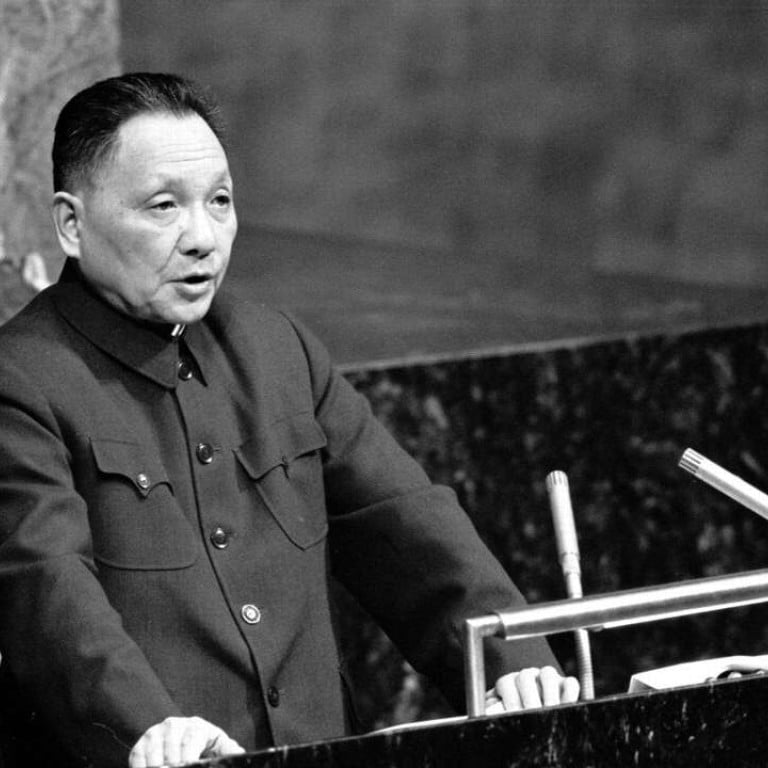
 THE DRIVING FAMILY OF A SPURIOUS CATALAN NATIONALISM, DEFENDER OF A PLUTOCRAT HIGH CLASS AND FAR FROM THE REAL HISTORY OF SPAIN AND CATALONIA.
THE DRIVING FAMILY OF A SPURIOUS CATALAN NATIONALISM, DEFENDER OF A PLUTOCRAT HIGH CLASS AND FAR FROM THE REAL HISTORY OF SPAIN AND CATALONIA.
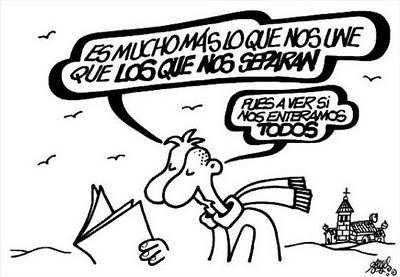
 GUARANTOR OF THE UNITY AND SYMBOL OF THE PATRIOTISM.
GUARANTOR OF THE UNITY AND SYMBOL OF THE PATRIOTISM.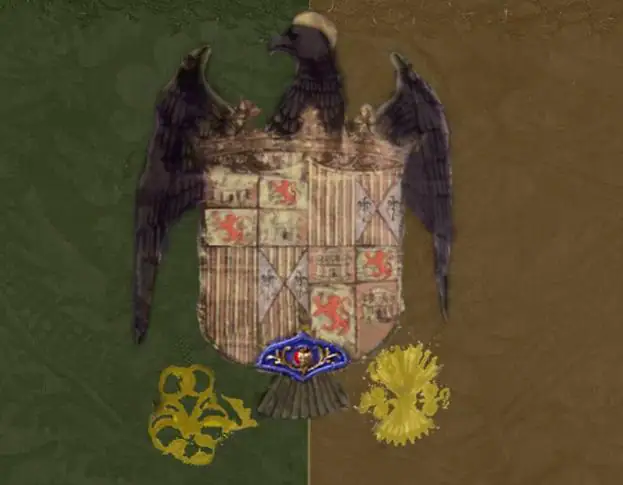 A reconstruction of the first known Spanish national flag carried by Gonzalo Fernández de Córdoba, the Great Captain, in Naples.
A reconstruction of the first known Spanish national flag carried by Gonzalo Fernández de Córdoba, the Great Captain, in Naples.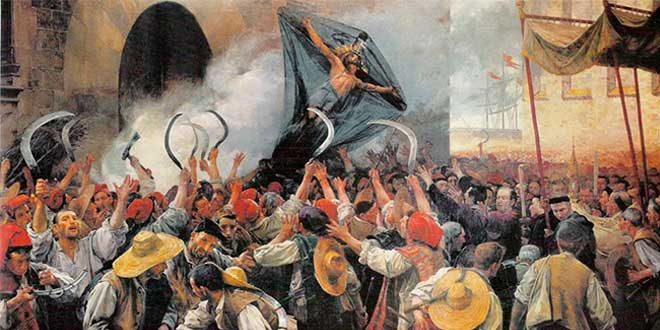 The beginning of the «Peasants Revolt» on the Corpus Day.
The beginning of the «Peasants Revolt» on the Corpus Day.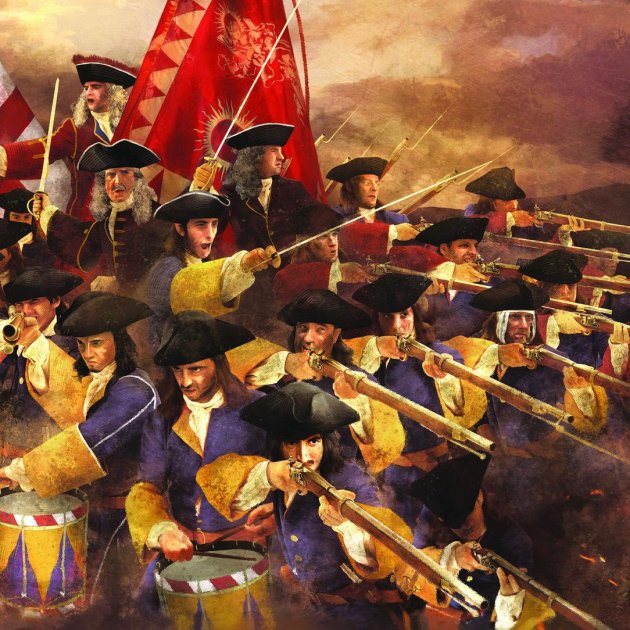 Catalonia fights in 1714 for the dynastic continuity in Spain.
Catalonia fights in 1714 for the dynastic continuity in Spain.